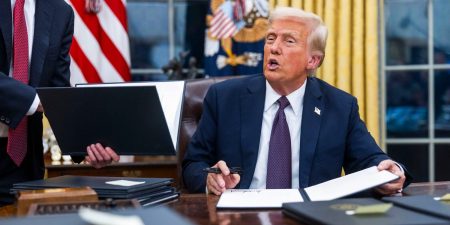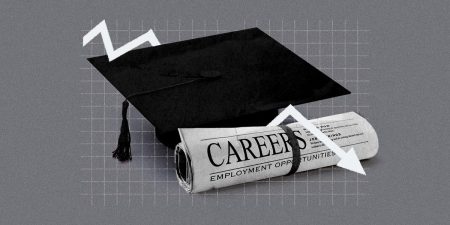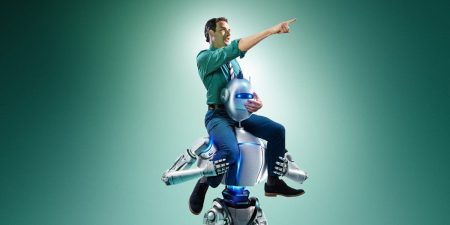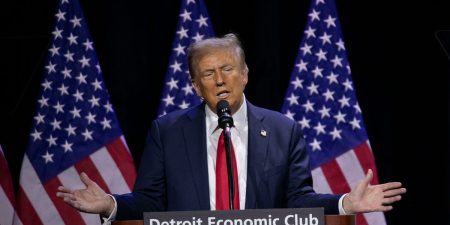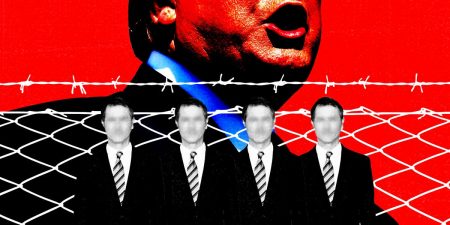The Wealth Paradox: Young Heirs Rejecting Inheritance
In a room filled with the fabulously rich, the atmosphere is anything but conventional. Young heirs, many of whom are set to inherit millions or even billions, are gathered at the Making Money Make Change conference in Nashville. Instead of seeking ways to grow their wealth, they are here to learn how to give it away. These 18- to 35-year-olds are part of the largest wealth transfer in American history, with an estimated $16 trillion set to change hands in the next decade. Yet, they are rejecting the money they are entitled to, driven by a deeply held belief that great wealth should serve a greater good. For many, this journey begins with a moment of clarity, like Ash, who at 21 discovered they would inherit money from a family that profited from the very industries they were fighting against, such as fossil fuels.
A Conference for Redefining Wealth
The Making Money Make Change conference is hosted by Resource Generation, an organization at the forefront of helping young heirs redistribute their wealth. The event is set on the gothic campus of a former Christian missionary college, where attendees participate in workshops, panels, and exercises designed to confront their relationship with money. One such exercise, called "Embodied Divestment," encourages participants to physically act out their "wealth shadows,"Grotesque poses that represent the emotional burden of their wealth. The conference is not just about guilt or "wokeness" but about taking responsibility. These heirs want to use their wealth to empower others, not to accumulate more for themselves.
The movement has been fueled by the rise of figures like Donald Trump, whose embodiment of wealth and power is everything Resource Generation seeks to challenge. The group now boasts 1,000 members, with over 300 joining after the 2016 election, and aims to redistribute $100 million this year alone. For these young heirs, the process of divestiture is not just financial but deeply personal, requiring them to rethink their identities and their place in the world.
The Weight of Inheritance
The emotional toll of inheriting wealth is evident among the attendees. Many grow up in a world of privilege, only to realize later that their family’s wealth is tied to systems of oppression, such as capitalism and colonialism. Sarah, a 24-year-old from a wealthy family, describes the disorienting moment she learned about her inheritance, feeling as though she had been living in "a completely different space" than her friends. Others, like Kavi, who grew up in India, only learned of their family’s wealth later in life, a revelation that left them grappling with the contradiction between their values and their privilege.
The weight of this realization is palpable. At the conference, a "money survey" reveals that the combined net worth of the attendees is at least $246 million, with another $1.5 billion set to be inherited. Reading these numbers aloud is described as the "heaviest" part of the weekend, met with somber silence. Many young inheritors admit to avoiding their bank statements or "freezing" when confronted with their wealth, unable to reconcile their privilege with their values.
The Challenges of Giving It Away
Giving away wealth is not as simple as writing a check. Many attendees face logistical and emotional hurdles. Trust funds are often structured to keep money locked away for generations, requiring permission from family members or trustees who may resist the idea of redistributing wealth. "The trustees are like, ‘What about your children’s children?’" Meg recalls being asked. "And we’re like, ‘What about everybody else’s children?’"
The personal stakes are high. Giving away money means having less of it, which can lead to feelings of vulnerability and uncertainty. Ash, who redistributed nearly their entire inheritance of $800,000, describes how their relationship with money changed when they got cancer and had to rely on friends and community for support. "It was beautiful to be in that community safety net," Ash says, "and to test theories of: Will we really care for each other when we don’t have money to take care of us?"
The Quest for a New Normal
By the end of the conference, 35 heirs pledge to redistribute a total of $9.2 million, a significant step toward their goal of creating a more equitable world. For many, this is just the beginning of a lifelong journey. Sarah, for example, aims to "spend down" her trust fund to $70,000 by 2025, unburdening herself of wealth tied to systems she believes are unjust.
But redefining what it means to be "good" with money is not just about giving it away; it’s about finding a new sense of self. Many attendees describe feeling isolated in their decisions, as few peers can understand the complexities of rejecting wealth. Meg, the daughter of a billionaire, recalls watching Disney movies as a child and realizing that the wealthy were often portrayed as villains. "And I was like, ‘They’re the bad guys. We’re the bad guys,’" she says.
In the end, the conference offers more than just strategies for redistributing wealth; it provides a sense of community and purpose. These young heirs are not just giving away money; they are redefining what it means to be rich. For Ash, who received an additional $80,000 from their grandmother after giving away their initial inheritance, the money no longer carries guilt but opportunity. "I don’t qualify as done," Ash says. "I don’t know if anyone ever is."
Conclusion: A Movement for a Better World
The Making Money Make Change conference is more than a gathering of wealthy young heirs; it is part of a growing movement to challenge the status quo of wealth and privilege. These heirs are not just rejecting their inheritance; they are reimagining a world where wealth serves the greater good. Their stories are a testament to the power of personal Responsibility and the belief that everyone has an inheritance to contribute — not just money, but skills, resources, and compassion. As Ash so eloquently puts it, the real question is not about whether we will care for each other when the money is gone, but about how we can create a world where no one has to rely on money to be cared for.






